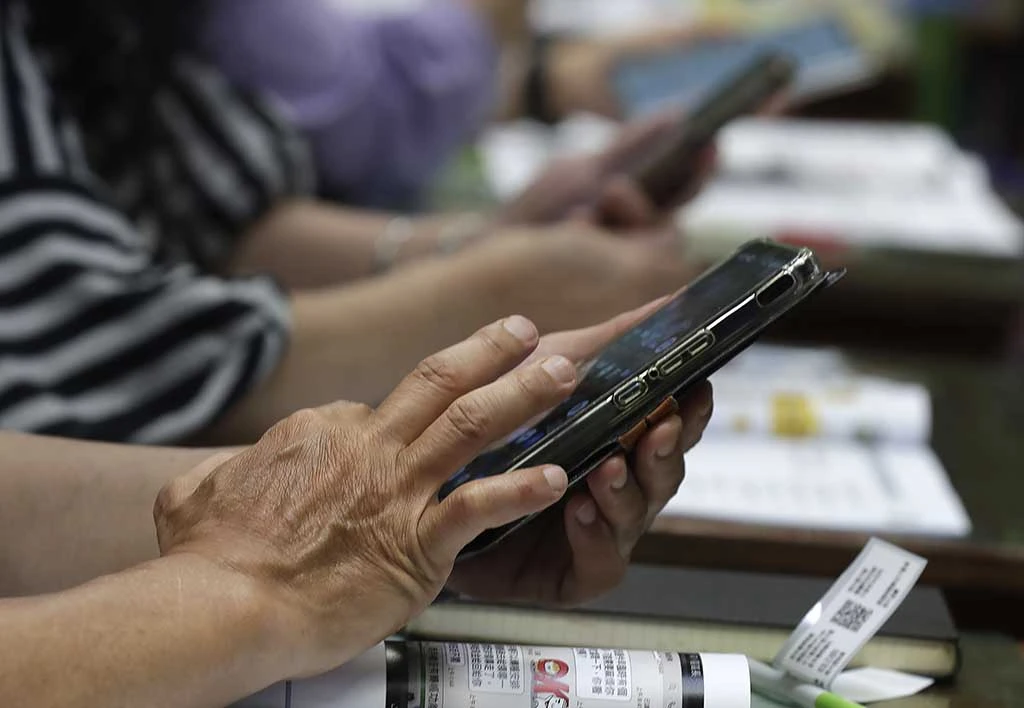Here is the journal article – (archived version)
In a recently published piece, Taiwan Army Col. Hsu Min-Cheng, a doctoral student at Taiwan’s National Defense University, explores how entities such as the Chinese Communist Party (CCP) employ techniques and emerging technologies such as deepfakes to stoke societal divisions and subvert national resilience.
His article, titled “Inoculating Society against Authoritarian Influence in the Digital Age: Fortifying the Barracks against Authoritarian Cognitive Warfare,” has been published in May 2024 in the Journal of Indo-Pacific Affairs, a professional journal of the United States Department of the Air Force.
The CCP uses coordinated inauthentic behavior and algorithmic manipulation to spread misleading narratives across social media platforms to manipulate public opinion, weaken trust in democratic institutions and promote the People’s Republic of China’s agendas, Hsu explains, citing the Taiwan National Defense Report released in 2023.
“The CCP’s methods include hacking and infiltrating the Internet, disseminating controversial messages, propagating extravagant propaganda, utilizing United Front tactics, and employing deliberate distortion, direct falsification, wedge-driving, and provocation,” Hsu writes.
The United Front is a political strategy and initiative through which the CCP uses individuals, groups and networks under its control to further its interests. For instance, the United Front Work Department, headed by the chief of the secretariat of the CCP’s Central Committee, oversees front organizations in various countries and their affiliates, such as the Chinese Students and Scholars Association, Hsu explains.
In response, the Taiwan Ministry of National Defense (MND) has conducted comprehensive research on the tactics and objectives of cognitive warfare and implemented an array of countermeasures in recent years, such as maintaining vigilance over domestic and international news and immediately clarifying manipulated information to neutralize any negative effects.
Hsu explores whole-of-society approaches to enhancing media literacy, fostering societal resistance and “vaccinating” the public against hostile influence campaigns.
Democracies can protect their values and sovereignty by enhancing their cognitive defenses and fortifying the information environment against revisionist authoritarian regimes, Hsu writes.
“The initiatives undertaken by Taiwan and its MND could serve as invaluable lessons and models for allies and like-minded countries in the Indo-Pacific region,” Hsu concludes.



If European Union cared about media literacy, it would’ve banned USAian social media companies. They are a danger to the stability of the union. Unfortunately only the right winge channels on that continent are media literate and know how to manipulate the public.
Anti Commercial-AI license